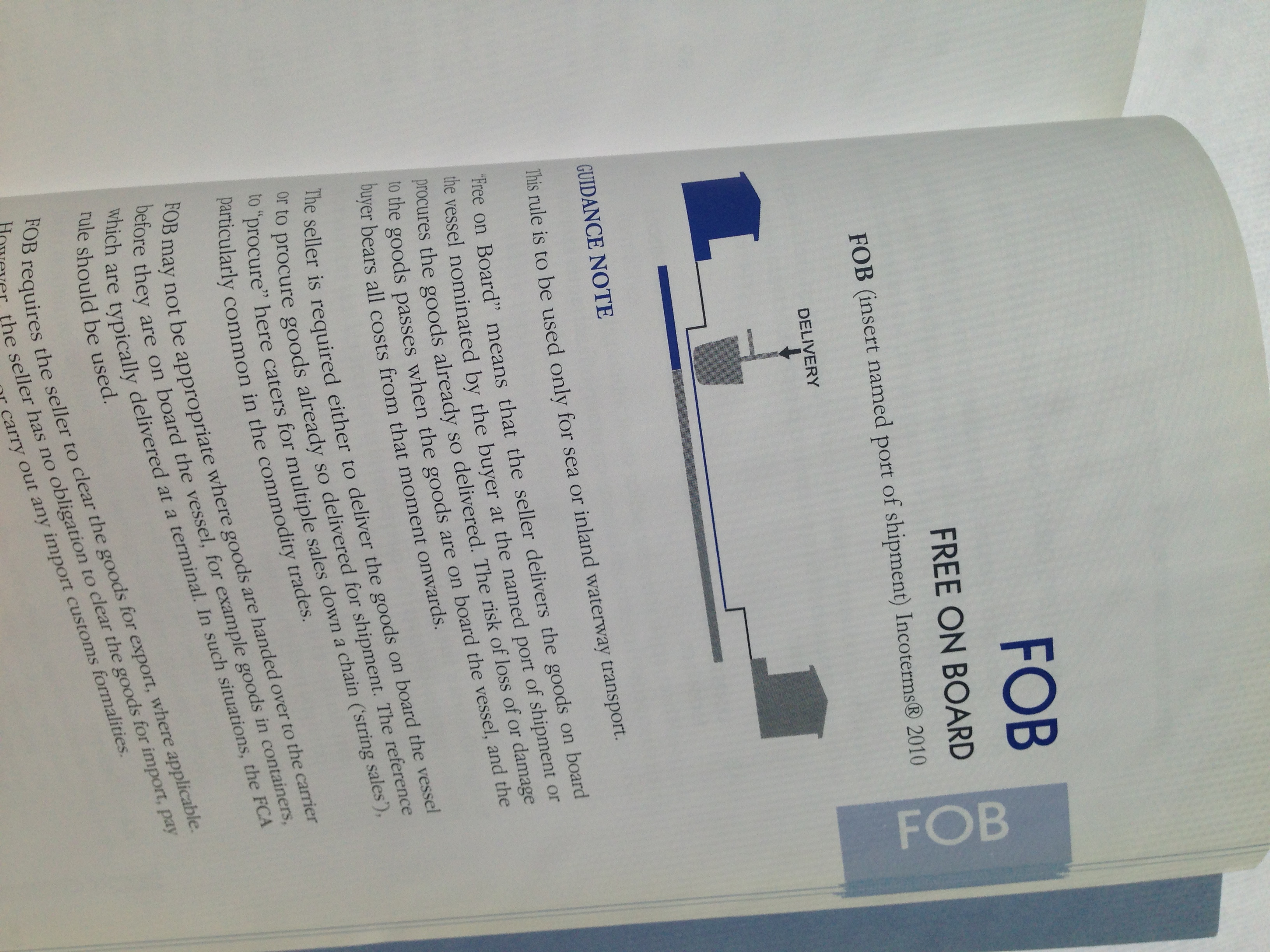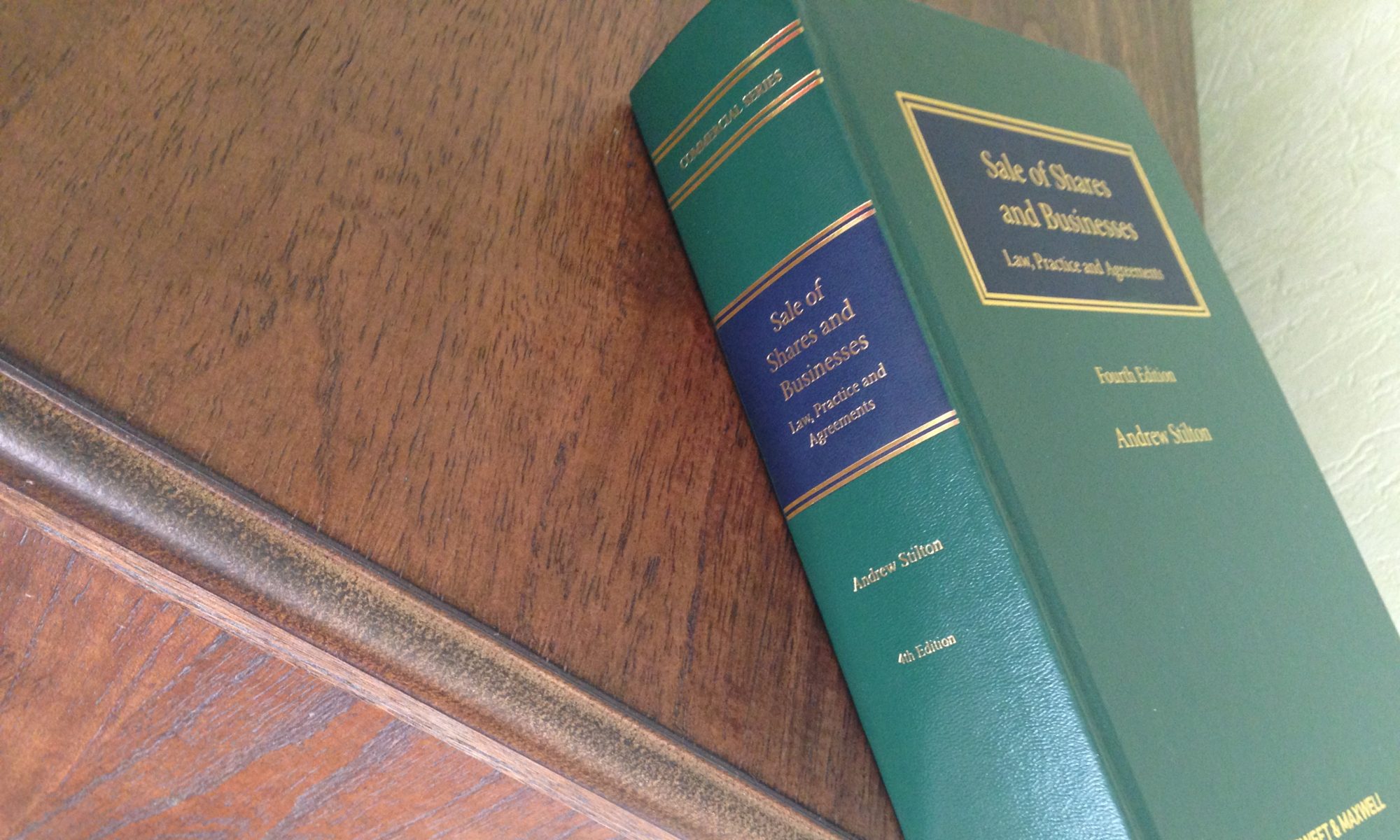The global economy has given businesses broader access than ever before to markets all over the world. Goods are sold in more countries, in larger quantities, and in greater variety. But as the volume and complexity of global sales increase, so do possibilities for misunderstandings and costly disputes when sale contracts are not adequately drafted.
The Incoterms® rules, the ICC rules on the use of domestic and international trade terms, facilitate the conduct of global trade Reference to an Incoterms®2010 in a sale contract clearly defines the parties’ respective obligations and reduces the risk of legal complications.
Since the creation of the Incoterms rules by ICC in 1936, this globally accepted contractual standard has been regularly updated to keep pace with the development of international trade. The Incoterms®2010 rules take account of the continued spread of customs-free zones, the increased use of electronic communications in business transactions, heightened concern about security in the movement of goods and changes in transport practices. Incoterms®2010 updates and consolidates the “delivered” rules, reducing the total number of rules from 13 to 11, and offers a simpler and clearer presentation of all rules.
The Incoterms® rules explain a set of three-letter trade terms reflecting business-to-business practice in contracts for the sale of goods. The Incoterms rules describe mainly the tasks, costs and risks involved in the delivery of goods from sellers to buyers.
How to use the Incoterms®2010 rules
- Incorporate the Incoterms®2010 rules into your contract of sale
If you want the Incoterms®2010 rules to apply to your contract, you should make this clear in the contract, through such words as “the chosen Incoterms rule including the named place, followed by Incoterms®2010”.
- Choose the appropriate Incoterms rule
The chosen Incoterms rule needs to be appropriate to the goods, to the means of their transport, and above all to whether the parties intend to put additional obligations, for example such as the obligation to organize carriage or insurance, on the seller or on the buyer. Whichever Incorterms rule is chosen, the parties should be aware that the interpretation of their contract may well be influenced by customs particular to the port or place being used.
- Specify your place or port as precisely as possible
The chosen Incoterms rule can work only if the parties name a place or port, and will work best if the parties specify the place or port as precisely as possible. Indications as to place or destination can helpfully be further specified by stating a precise point in that place or destination on order to avoid doubt or argument.
- Remember that Incoterms rules do not give you a complete contract sale.
Incoterms rules do say which party to the sale contract has the obligation to make carriage or insurance arrangements, when the seller delivers the goods to the buyer, and which costs each party is responsible for. Incoterms rules, however, say nothing about the price to be paid or the method of its payment. Neither do the deal with the transfer of ownership of the goods, or the consequences of a breach of the contract. These matters are normally dealt with through express terms in the contract of sale or in the law governing that contract. The parties should be aware that mandatory local law may override any aspect of the sale contract, including the chosen Incoterms rule. 


